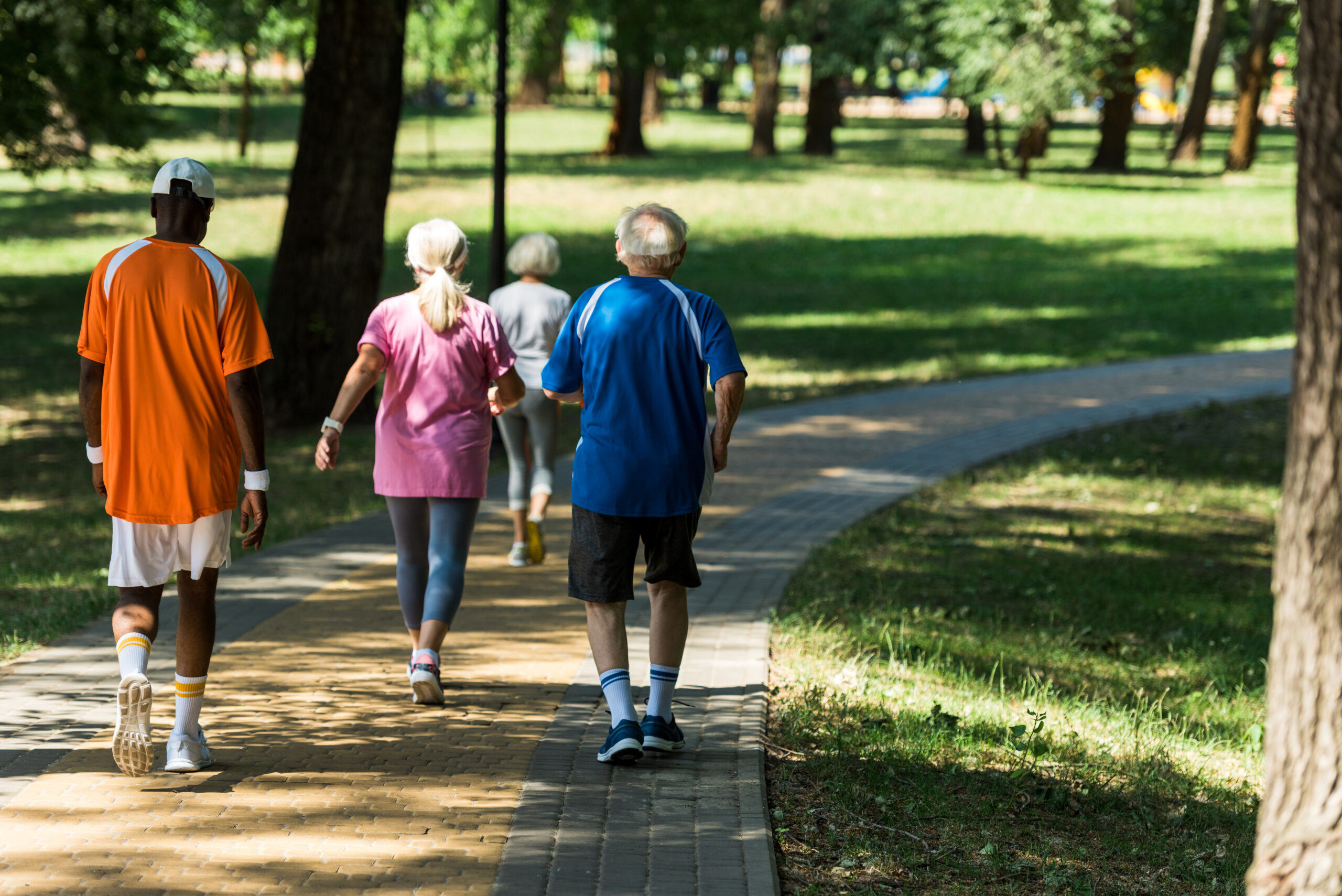Impact and media
Dr Karen Mak and the team were awarded the Royal Society for Public Health Journal Award in 2022 for their work on this project around volunteering during the COVID-19 pandemic.
Publications
Mak, H.W., Gallou, E., & Fancourt, D. (2023). Is social capital higher in areas with a higher density of historic assets? Analyses of 11,112 adults living in England. Perspectives in Public Health. [DOI] Also featured on Understanding Society’s blog.
Mak H,W., Coulter, R., & Fancourt, D. (2022). Relationships between volunteering, neighbourhood deprivation and mental wellbeing across four British birth cohorts: Evidence from 10 years of the UK Household Longitudinal Study. International Journal of Environmental Research and Public Health. [DOI] Also featured on UK Data Service’s Impact Blog.
Elsden, E., Bu, F., Fancourt, D., & Mak, H. W. (2022). Frequency of leisure activity engagement and health functioning over a 4-year period: a population-based study amongst middle-aged adults. BMC Public Health. [DOI]
Mak, H.W., Coulter, R. & Fancourt, D. (2021). Associations between community cultural engagement and life satisfaction, mental distress and mental health functioning using data from the UK Household Longitudinal Study (UKHLS): are associations moderated by area deprivation? BMJ Open. [DOI] Also featured in the Arts Professional.
Mak H.W., Fancourt D (2021) Do socio-demographic factors predict children’s engagement in arts and culture? Comparisons of in-school and out-of-school participation in the Taking Part Survey. PLoS ONE. [DOI]
Mak, H.W., & Fancourt, D. (2021) Predictors of engaging in voluntary work during the COVID-19 pandemic: analyses of data from 31,890 adults in the UK. Perspectives in Public Health. [DOI]
Mak, H.W., Coulter, R., & Fancourt, D (2021). Associations between neighbourhood deprivation and engagement in arts, culture and heritage: evidence from two nationally representative samples. BMC Public Health. [DOI]
Mak, H.W., Coulter, R., & Fancourt, D. (2020). Patterns of social inequality in arts and cultural participation: Findings from a nationally representative sample of adults living in the United Kingdom of Great Britain and Northern Ireland. WHO Public Health Panorama. [DOI]
Mak, H.W., Coulter, R. & Fancourt, D. (2020). Does arts and cultural engagement vary geographically? Evidence from the UK Household Longitudinal Study. Public Health. [DOI]
Wang, S. & Mak, H.W. & Fancourt, D. (2020). Arts, mental distress, mental health functioning & life satisfaction: fixed effects analyses of a nationally-representative panel study. BMC Public Health. [DOI] Also featured on Understanding Society’s blog.
Fancourt, D., Baxter, L., & Lorencatto, F. (2020). Barriers and enablers to engagement in participatory arts activities amongst individuals with depression and anxiety: quantitative analyses using a behaviour change framework. BMC public health. [DOI]
Perkins, R., Mason-Bertrand, A., Fancourt, D., Baxter, L., & Williamon, A. (2020). How participatory music engagement supports mental well-being: a meta-ethnography. Qualitative health research. [DOI]
Fancourt, D., & Baxter, L. (2020). Differential participation in community cultural activities amongst those with poor mental health: Analyses of the UK Taking Part Survey. Social Science & Medicine. [DOI]


